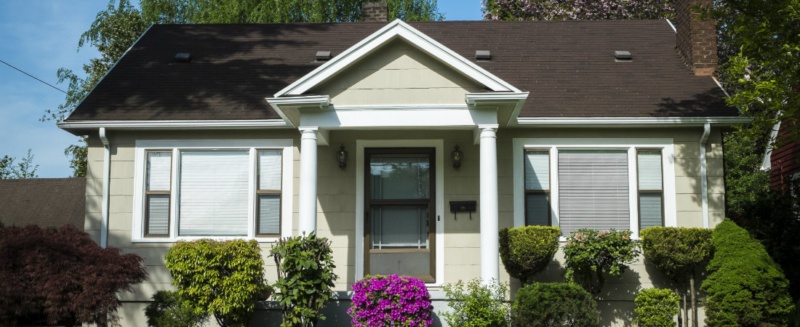Medicaid can penalize you for selling assets, like a second home, for less than they’re worth. An attorney can help find the best solution for you and your family.
Q: My parents own two homes, one is their primary residence, and the other belonged to my mother’s parents which she received upon their death. Both homes have mortgages. My father may need to go into a long-term care facility soon for poor health.
Can Medicaid penalize them if they sell their second home for the value of the mortgage, which is around $30,000? I currently reside in the second home with my girlfriend and pay no rent because I am on Medicaid Disability and am unable to work. My girlfriend wants to purchase the home to care for me, but my mother is afraid they will have to pay a penalty if it is sold for what is owed on the mortgage only. I am not sure I am even asking the right question.
A: There are a variety of factors that can affect your situation, but in the simplest of terms, Medicaid wants to know that an individual has used all of his or her available assets before using government funds to pay for the care and wellbeing of a person. Frequently, older individuals may go into assisted living facilities or other long-term care arrangements and have to pay out-of-pocket for the fees and expenses there.
Once they exhaust their money and assets, Medicaid kicks in to pay the facility for the care of the patient. But, Medicaid wants to make sure that the patient has not given away assets that could be used for the care of the patient. For this reason, Medicaid has a 5 year lookback rule. Medicaid will see what assets the patient has sold, given away or disposed of during the five prior years. If it finds out that the patient gave away assets, it will attempt to go after those assets for the payment of the patient’s expenses.
In your particular situation, you want to “buy” the home for the value of the mortgage. Now if the home is worth $50,000 and you only want to buy it for $30,000, Medicaid will perceive that as a transfer of the patient’s assets and will want to collect on the amount that should have been paid to the patient.
If the home is only worth $30,000 and you are taking over the mortgage that has a balance of $30,000, you should be fine, but we presume that might not be the case. You need to figure out what the home is worth if you sold it in the marketplace. If you paid your mother that amount, you should be safe, but anything less could pose a problem to you. In fact, you have been staying in the home without paying rent. We’d want to know if you and your girlfriend pay the expenses for the home.
You might consider buying the home on an installment basis by figuring out what the home is worth now, deduct expenses you might have put into the home and other expenses that your mom might be saving by having you buy the home: for example, there won’t be a broker’s commission. Once you have a better idea of the costs, the value of the home, the expenses to carry the home, improvements made to the home by you and your girlfriend and the savings you have by selling the home to your girlfriend, you can come up with a price that might work for all of you and is within the Medicaid rules.
If the value of the home is substantially higher than the mortgage, we’d suggest you talk to an elder care practice attorney in your area. That attorney should specialize in issues like these and will be able to look at your mother’s big picture to advise you on how to proceed and whether the sale of the home at this time would work for all of you.







Will selling my home trigger the need to pay back medicaid I have already recieved?
My home is worth between 70-90,000$ at best and I have been on medicaid since health care was required, due to being low income. I plan to purchase land or low end cost home in another state or country but don’t know how long it’ll take to find what I need.
Is there a time limit to waiting on reinvesting in.property that could effect this situation as well please?